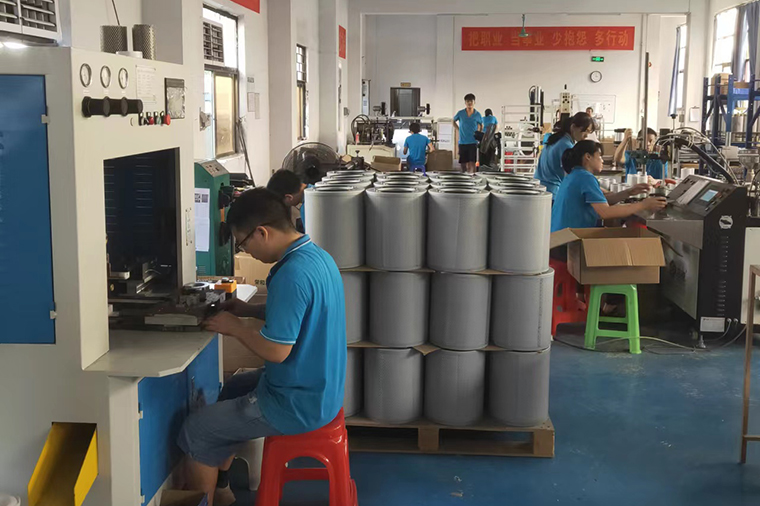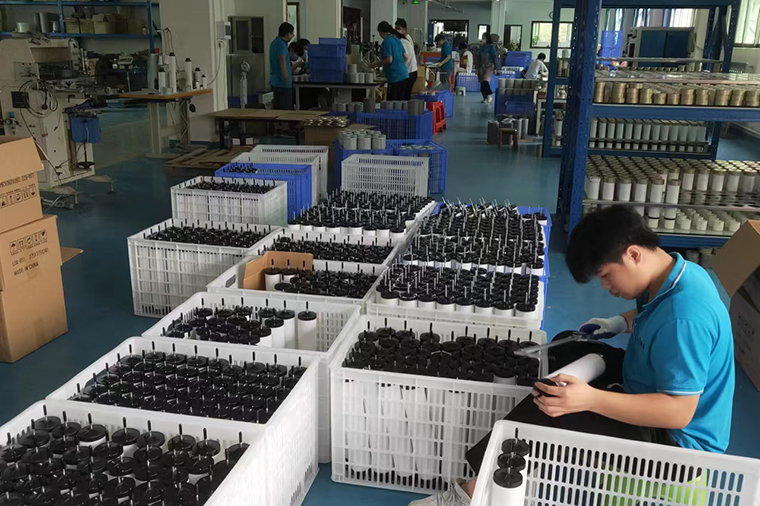Vacuum pumps are essential tools in a wide range of industries, used for everything from packaging and manufacturing to medical and scientific research. One crucial component of a vacuum pump system is the exhaust filter, which plays a key role in maintaining the pump's efficiency and longevity. But what happens if the vacuum pump exhaust filter becomes blocked? Will it affect the pump's performance? Let's delve into this topic and explore the potential consequences of a blocked exhaust filter.
Firstly, it's important to understand the function of the vacuum pump exhaust filter. This component is designed to trap oil mist, vapors, and other contaminants that are present in the exhaust air generated by the vacuum pump. By capturing these impurities, the exhaust filter helps to minimize air pollution and protect the environment. More importantly, it also prevents these contaminants from re-entering the pump and causing damage to its internal components.
When the vacuum pump exhaust filter becomes blocked, the consequences can be significant. One of the most immediate and noticeable effects is a decrease in the pump's efficiency. With the exhaust filter obstructed, the pump is unable to expel air as effectively, leading to a build-up of pressure within the system. This, in turn, can cause the pump to work harder, leading to increased wear and tear on its components. Over time, this can lead to reduced performance and a shorter lifespan for the pump.

In addition to decreased efficiency, a blocked exhaust filter can also result in an increase in operating temperatures within the pump. As the pump struggles to expel air through the obstructed filter, heat generated during the process has nowhere to dissipate, leading to an accumulation of thermal energy within the pump. This can cause the pump's internal components to overheat, potentially causing them to fail prematurely.
Furthermore, a blocked exhaust filter can impact the quality of the vacuum being produced by the pump. As contaminants are unable to be effectively removed from the exhaust air, these impurities can find their way back into the pump, leading to a decrease in the purity and cleanliness of the vacuum. This can be particularly problematic in applications where a high level of vacuum quality is required, such as in the pharmaceutical or semiconductor industries.

vacuum pump exhaust filter
To avoid these potential issues, it's important to regularly inspect and replace the vacuum pump exhaust filter as part of routine maintenance. By keeping the exhaust filter clean and free from obstructions, you can ensure that the pump continues to operate at its optimal level of performance and efficiency. Additionally, using a high-quality exhaust filter that is designed to effectively trap contaminants can help to prolong the life of the vacuum pump and prevent costly repairs or replacements.
In conclusion, a blocked vacuum pump exhaust filter can have a significant impact on the performance and longevity of the pump. By obstructing the flow of air and trapping contaminants, a blocked exhaust filter can lead to decreased efficiency, increased operating temperatures, and a decrease in the quality of the vacuum being produced. Regular maintenance and replacement of the exhaust filter is essential to ensure that the pump continues to operate at its best.
Post time: Mar-06-2024






